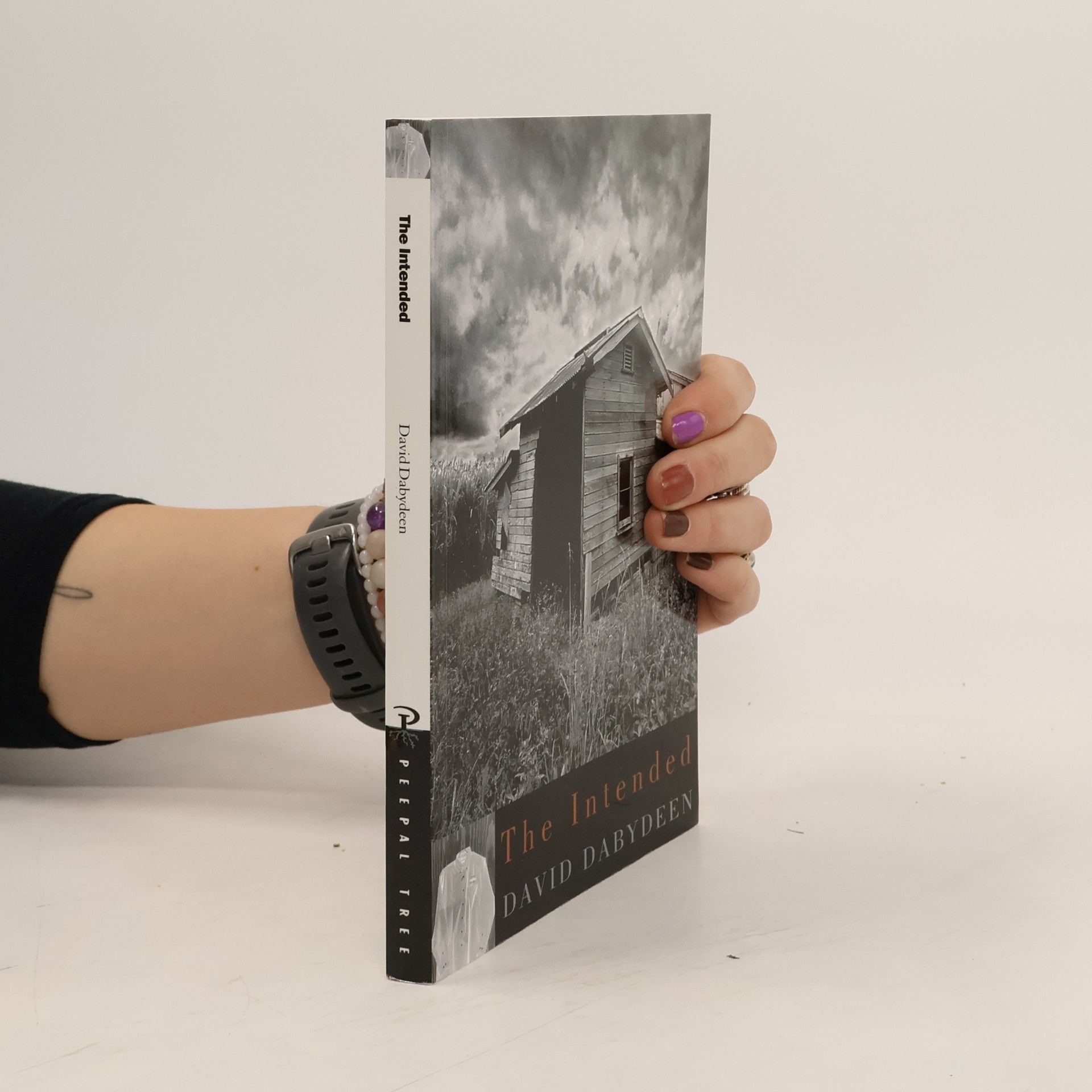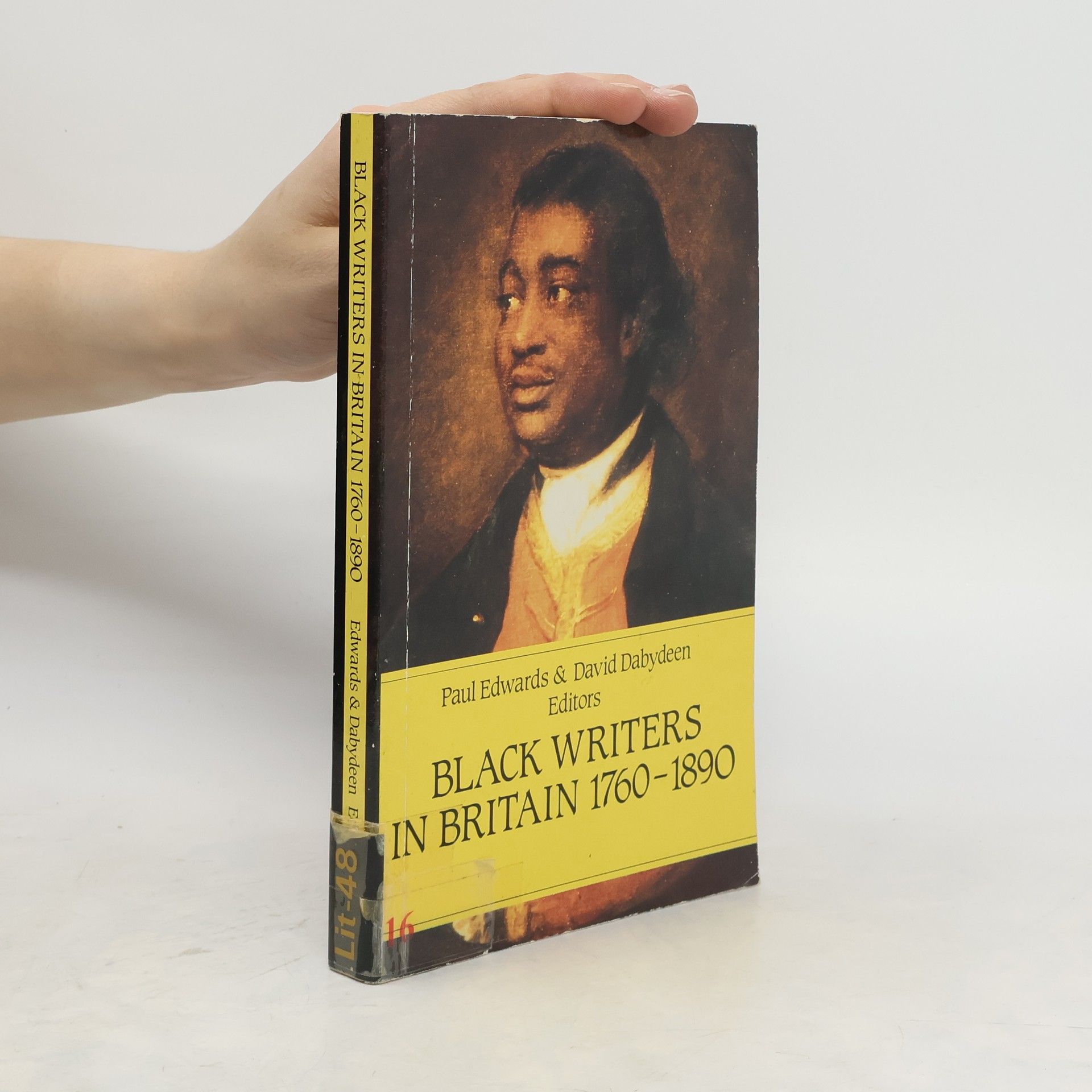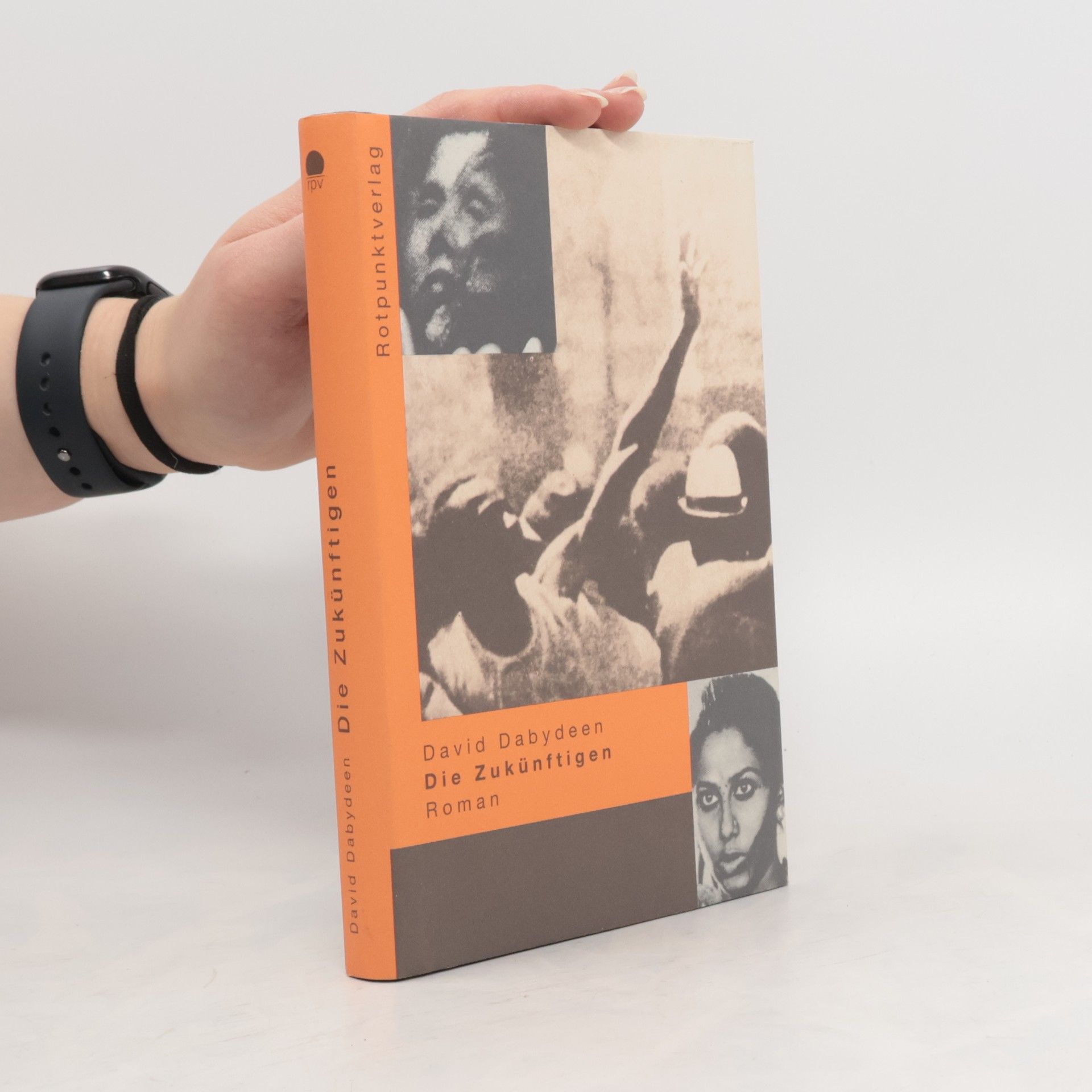The Intended
- 176 Seiten
- 7 Lesestunden
Exploring rites of passage in London's Asian community, this semiautobiographical novel follows a young Indo-Guyanese narrator from his South American village to Great Britain. With determination and self-discipline he seizes opportunities of education and upward mobility, but struggles to keep his cultural identity alive through memories of his childhood. This sophisticated postcolonial text links language and character to reveal the social divisions, educational obstacles, and self-exploration of a struggling foreigner in the mid-20th century.


